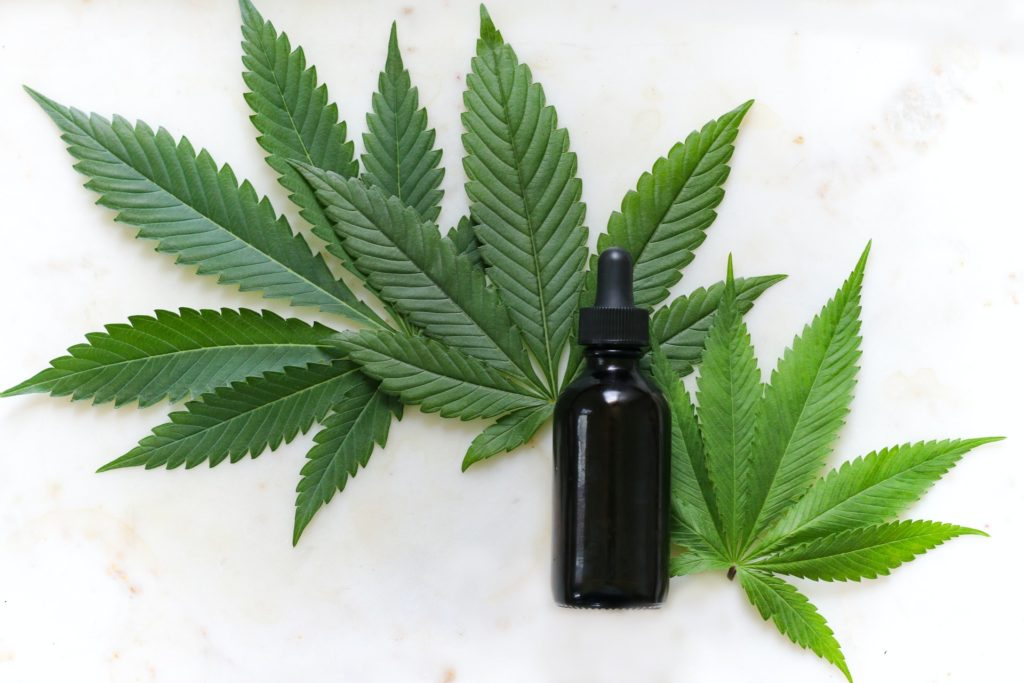A new meta-analysis on the use of cannabis in pain management by multiple sclerosis patients has revealed that THC/CBD may only deliver pain reduction of three out of ten points. However, the analysis, conducted by American researchers, observes several shortcomings in existing studies, including patient abandonment. The researchers conclude by urging cannabis researchers to raise the bar.
Cannabis Moderately Effective against Multiple Sclerosis Pain


American researchers have analyzed 28 recent studies, to observe the state of scientific knowledge on the usefulness of cannabis against multiple sclerosis. This process – a meta-analysis – comes to a surprising conclusion. With THC/CBD equivalent ratio treatments, “short-term neurological effects in patients are either mild, limited, or moderate, and benefits are detected more by subjective than objective readings.“
For more of the latest on cannabis research, legalization, and lifestyle, download our free companion cannabis news app.
TCH/CBD Only Offers Mils Pain Reduction
According to the meta-analysis, this type of treatment works “within a narrow therapeutic window to modestly, subjectively, improve spasticity, pain, bladder and sleep problems in observed patients”. In addition, scientists observe benefits only “in the first weeks after starting treatment”.
This conclusion reinforces an already existing reproach: the drug Sativex – which uses an equivalent THC/CBD ratio – is too ineffective in pain management. It is authorized in the European Union, United Kingdom, and Canada, but not in the United States. In France, it is legal but is not prescribed to patients partly for its low yield.
Reduction in Pain of 3 Points On a Scale of 10
To reach this scathing conclusion, the researchers opened their closets. They released 28 studies published between 2007 and 2021. The American scientists declare that they have “no conflict of interest”, nor received external funding for this work. Also, their results are “reviewed and approved” by other scientists, as is customary.
In addition to whether or not cannabis is effective in reducing pain, the researchers analyzed the methodology of other scientific studies. They note two important biases. The first: half of the studies observe mice and not humans. “The validity of animal studies is less certain, because of the differences in the cannabinoid system” between humans and mice, they note.
However, Pain Management Patients Leave Study Before Conclusion
Another flaw: many patients without a positive reduction in pain thanks to cannabis leave the study before its end. Logically, this qualifies the results. If only patients with positive effects remain, then the study will conclude on the effectiveness of cannabis.
With analyzes on humans, nine studies have positive results. Patients note a 2.8 point drop (on a scale of 0 to 10) in spasticity, the main consequence of multiple sclerosis. Also, five other publications observe a decrease of 3.4 points (out of 10) in pain thanks to cannabis.
Cannabis Researchers Must Raise the Bar
In conclusion, the meta-analysis calls on scientists to raise the bar. Pain management studies must be “high quality, over several years, randomized, blinded, with a control group that receives a placebo”. Without cutting-edge research, “confidence in the efficacy of cannabis against multiple sclerosis” could be eroded.
__
(Featured image by Kimzy Nanney via Unsplash)
DISCLAIMER: This article was written by a third-party contributor and does not reflect the opinion of Hemp.im, its management, staff, or its associates. Please review our disclaimer for more information.
This article may include forward-looking statements. These forward-looking statements generally are identified by the words “believe,” “project,” “estimate,” “become,” “plan,” “will,” and similar expressions. These forward-looking statements involve known and unknown risks as well as uncertainties, including those discussed in the following cautionary statements and elsewhere in this article and on this site. Although the Company may believe that its expectations are based on reasonable assumptions, the actual results that the Company may achieve may differ materially from any forward-looking statements, which reflect the opinions of the management of the Company only as of the date hereof. Additionally, please make sure to read these important disclosures.
First published in Newsweed, a third-party contributor translated and adapted the article from the original. In case of discrepancy, the original will prevail.
Although we made reasonable efforts to provide accurate translations, some parts may be incorrect. Hemp.im assumes no responsibility for errors, omissions, or ambiguities in the translations provided on this website. Any person or entity relying on translated content does so at their own risk. Hemp.im is not responsible for losses caused by such reliance on the accuracy or reliability of translated information. If you wish to report an error or inaccuracy in the translation, we encourage you to contact us.



Comments are closed for this post.